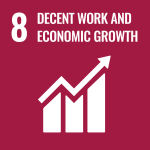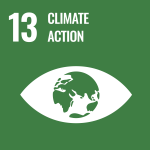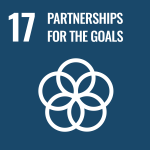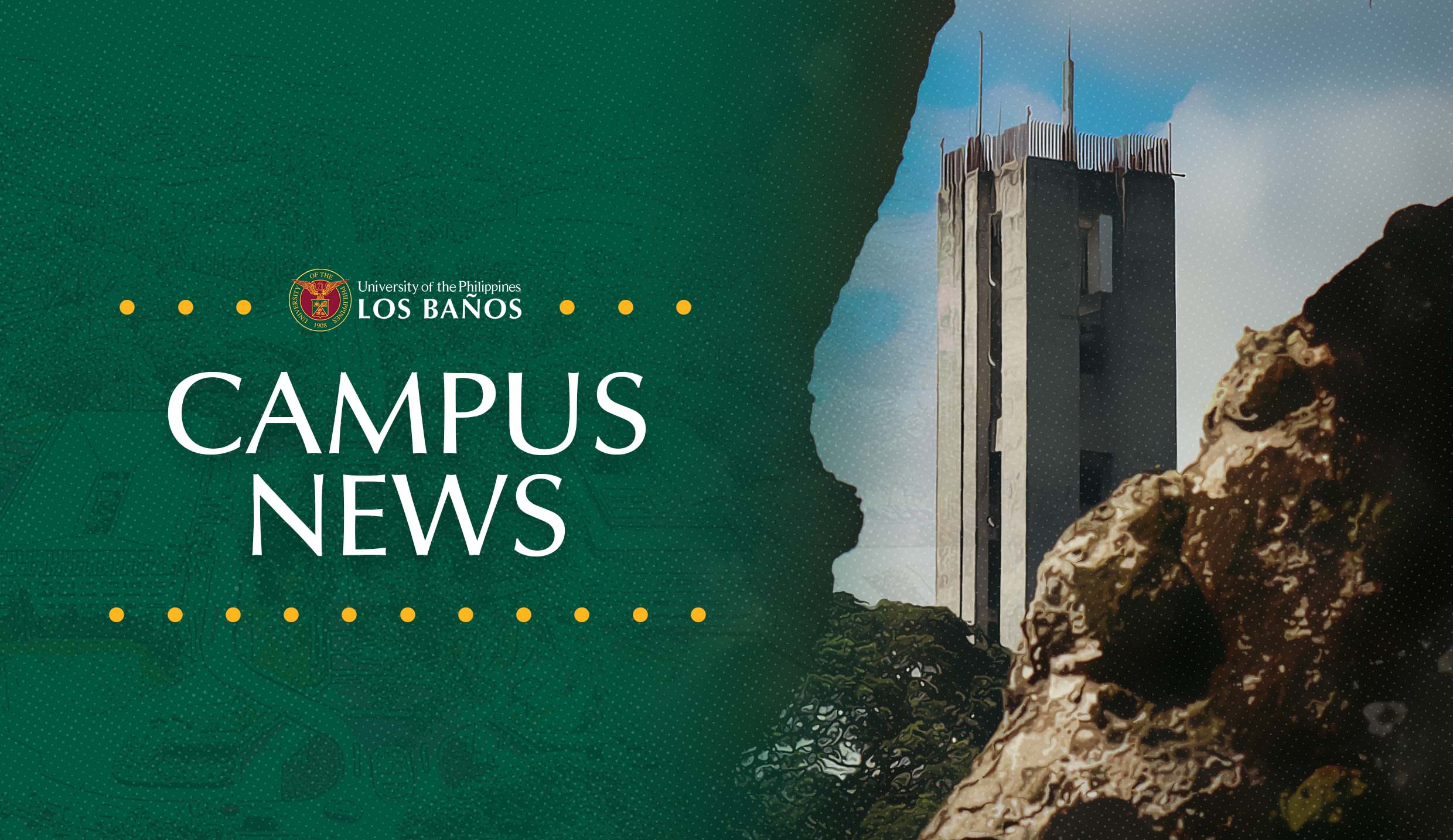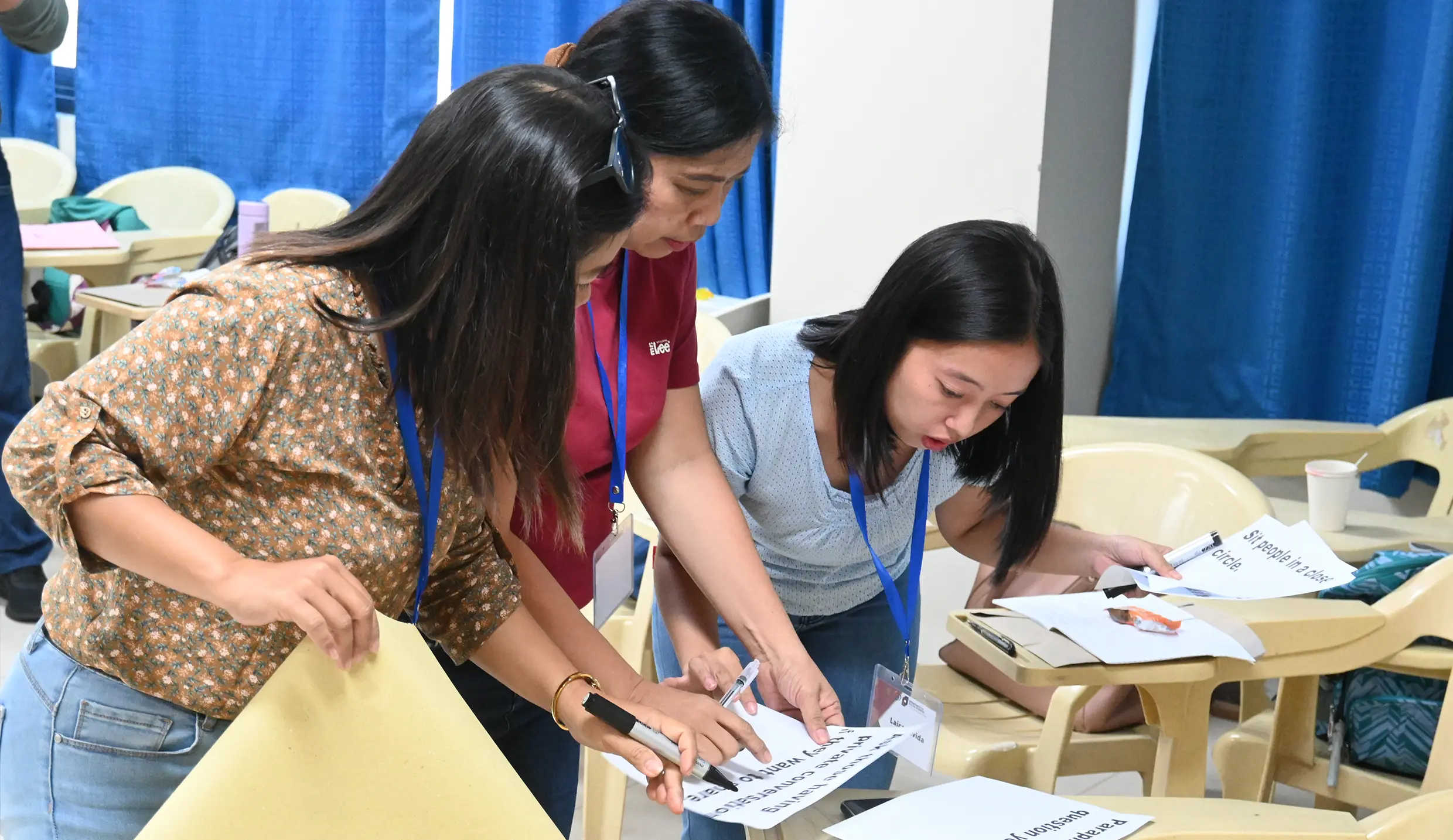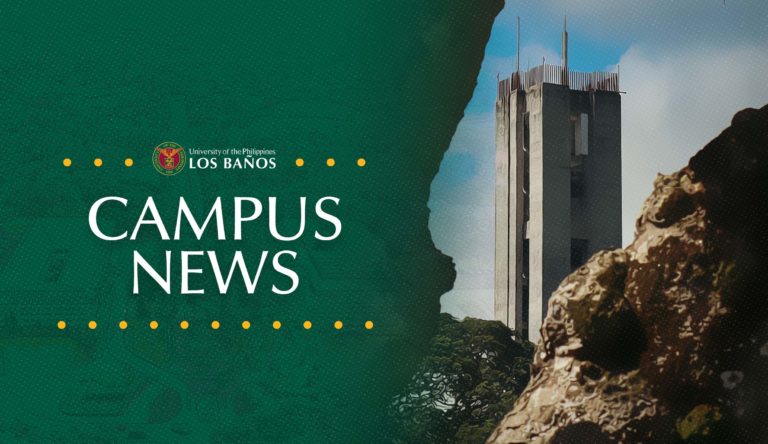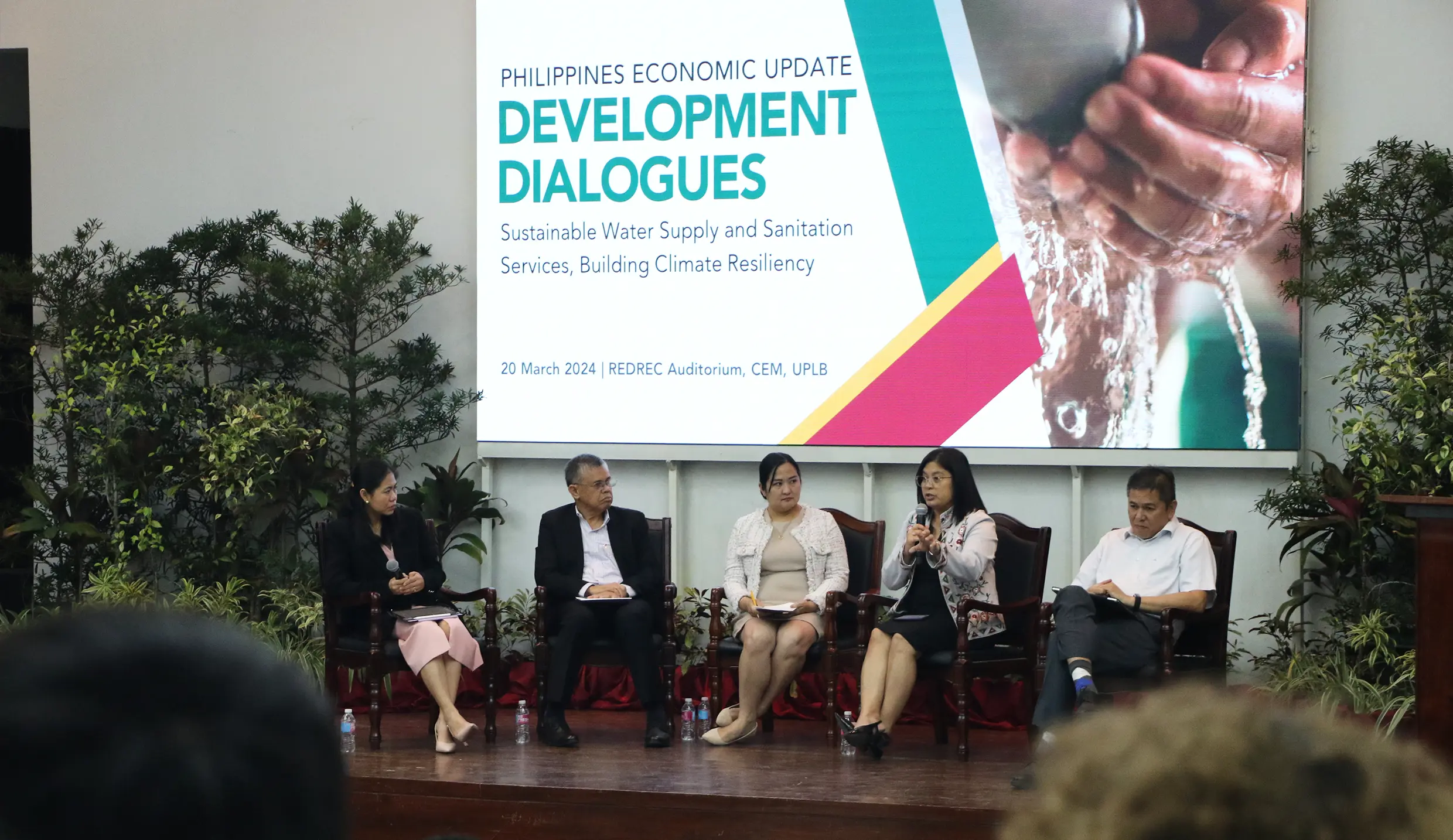
The UPLB College of Economics and Management (CEM) and the World Bank held the Philippines Economic Update (PEU) Development Dialogues on Sustainable Water Supply and Sanitation at the REDREC Auditorium on March 20, 2024. The forum discussed issues on sustainable water supply, sanitation services, and building climate resiliency.
In a message to the participants, Chancellor Jose V. Camacho, Jr. acknowledged the importance of holding the forum. He shared how universal access to clean drinking water and sanitation remains a serious concern for many nations and is further amplified by climate change impacts such as flooding, typhoons, and drought. Sino ba ang hindi maiinis pag walang tubig sa umaga? (Who would not be irritated when there is no water supply in the morning?) “This has made sustainable usage and management of water resources a major priority, especially as water security has such a significant impact across multiple sectors,” Camacho said.
He hoped this forum would serve as a platform for discussing policy and best practices with key stakeholders concerning Philippine water security. “Working together, we will build toward efficient, inclusive, and sustainable management and utilization of our nation’s water resources,” Camacho said as he encouraged the attendees to participate and collaborate toward capacitating communities for sustainable water and sanitation.
Two speakers from the World Bank were featured in this forum: Ralph van Doorn, Senior Country Economist, and Ma. Fiorella Fabella, Senior Water Supply and Sanitation Specialist.
Van Doorn spoke about the Philippines’ recent economic and policy developments and how the Philippines’ economy has shown resilience despite the global slowdown. Instead, it grew by 5.6% in 2023, outperforming its peers in the region. Van Doorn mentioned that growth is projected to increase, supported by private consumption and rising investments; and in short-term plans, containing high inflation and assisting vulnerable sectors remain the main domestic policy priorities.
Fabella talked about water security for resilient and inclusive growth. During her presentation, Fabella asked, “What is economic development if the basic needs are not met?” and discussed how climate change threatens water security and how people experiencing poverty have the lowest access to water quality and sanitation services. Fabella said that when looking at the water sector, we should look at the three I’s: The Institution, The Incentives, and The Investments.
Serving as the panelists were Dr. U-Primo Rodriguez, a faculty member at CEM; Dr. Patricia Ann J. Sanchez, a faculty member at the School of Environmental Science and Management; and Dr. Gem Castillo, National Director of the Economy and Environment Group Philippines and president of the Resource and Environmental Economics Foundation of the Philippines.
This event is also part of the launch of the Philippines Economic Update, which analyzes recent socioeconomic developments and presents the outlook for growth in the Philippines.
The PEU Development Dialogues is organized twice a year by the World Bank. It has been an open and constructive platform for discussion among key stakeholders on pressing development issues in the country. The event was well attended by students and staff of UPLB. (KEAraguas with information from the UPLB College of Economics and Management Facebook Page)



